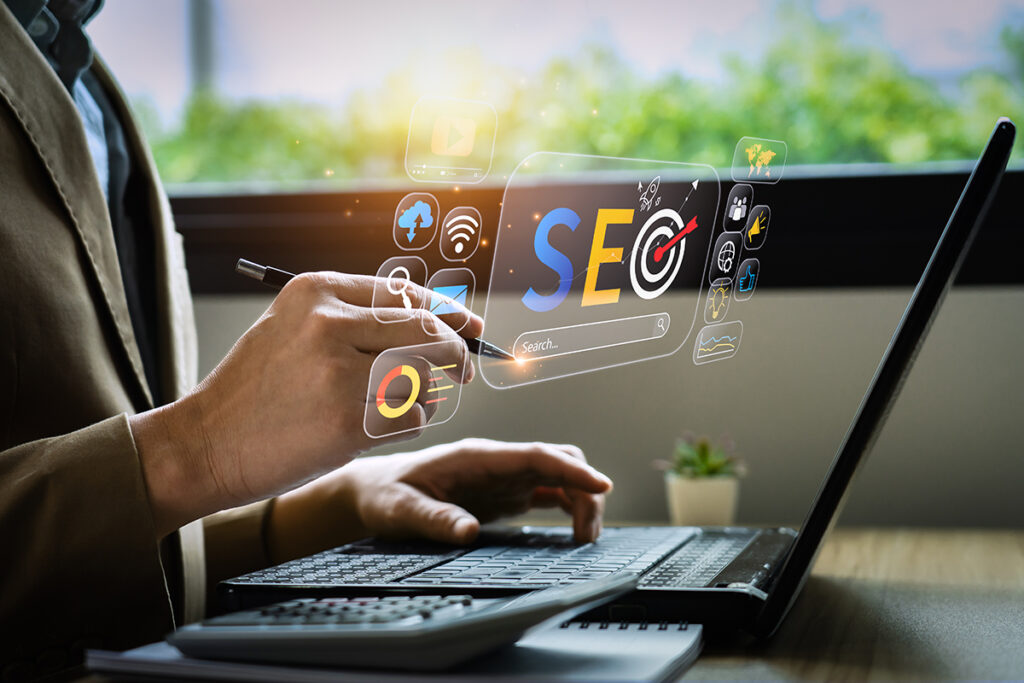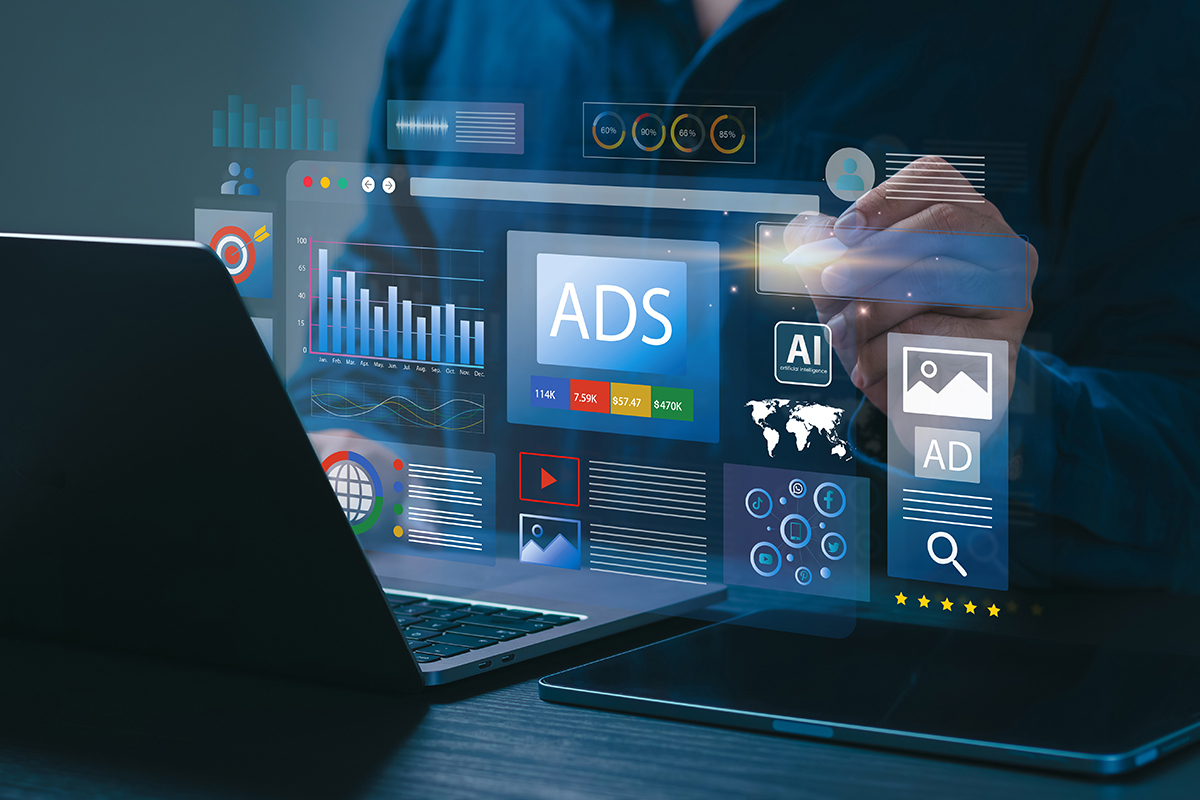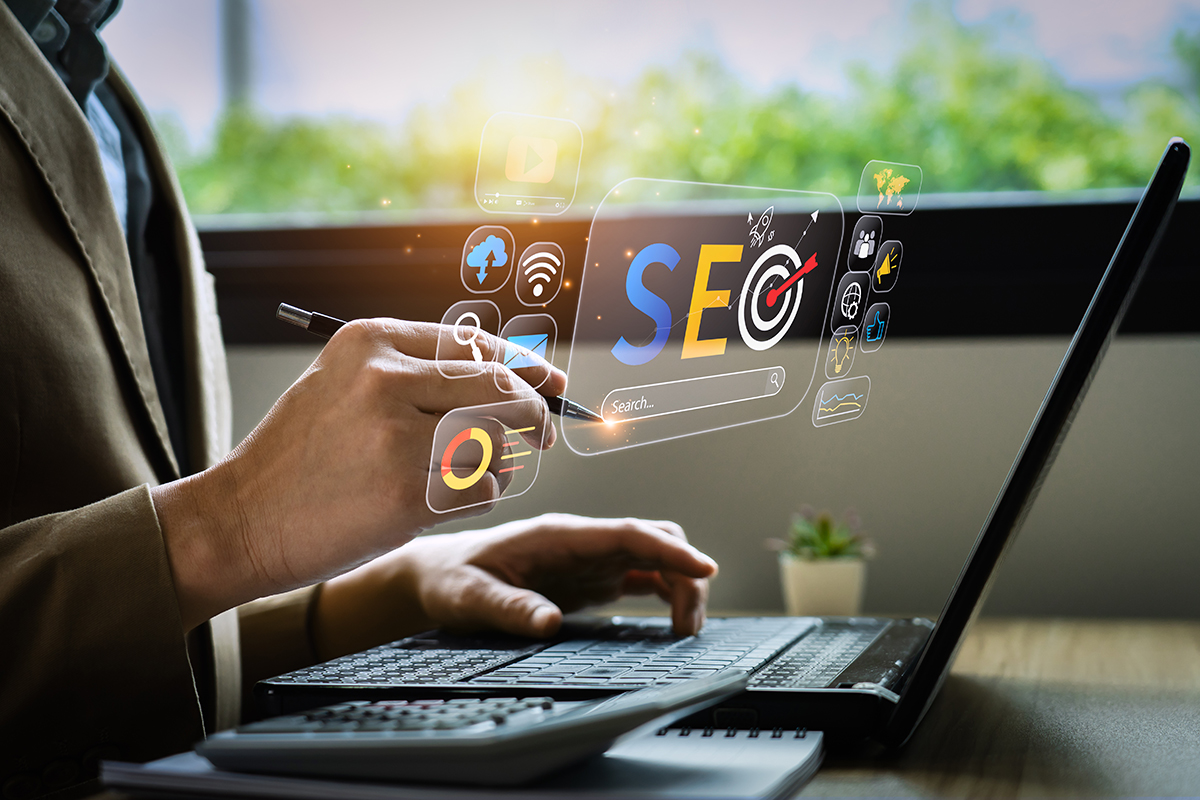Search engine optimization (SEO) is evolving at a rapid pace, and artificial intelligence (AI) is the driving force behind this transformation. From search engines like Google integrating machine learning into their algorithms to marketers leveraging large language models (LLMs) for content creation, the landscape of SEO has shifted dramatically. For web administrators, digital marketing consultants, and businesses managing their own online presence, understanding how to optimize in an AI-driven environment is no longer optional, it’s essential.
In this post, we’ll explore how AI is changing SEO, what that means for traditional best practices, how to optimize for LLMs, and how services like web administration, competitor research, analytics and attribution, and paid search and PPC tie into the modern optimization workflow.
The Rise of AI in Search Engines
Search engines have always used some form of automation, but recent years have seen the rise of true AI-powered features. Google’s BERT and MUM algorithms marked a shift toward understanding language more like a human would, enabling the engine to process queries with more nuance and contextual awareness.
Today, search engines not only crawl and index content but also assess its intent, relevance, and value. They consider searcher behavior, sentiment, and even visual and voice search inputs. The result? Pages that once ranked through keyword stuffing or backlinks alone are being replaced by those that offer genuine value and context.
AI’s influence is also visible in how search results are presented. Features like rich snippets, featured answers, and People Also Ask (PAA) sections are curated by AI systems that prioritize usefulness. Sites that answer specific questions concisely and clearly tend to be rewarded.
SEO Optimization in an AI-Driven World
For those involved in digital marketing consulting or web administration, optimizing for AI-driven search means rethinking traditional strategies:
1. Search Intent is Paramount
Gone are the days when exact-match keywords were king. Today’s AI algorithms can understand the searcher’s intent behind a query. Optimizing content now means:
- Creating comprehensive, useful content around a topic, not just a keyword.
- Using structured data to help search engines understand the context.
- Answering follow-up questions that naturally stem from the main topic.
2. Semantic and Topical Optimization
AI can detect related terms and phrases to better understand your content. This means:
- Including semantically related terms.
- Building topical authority by creating clusters of content around a subject.
- Linking internally between these clusters to signal relevance.
3. Content Quality and User Experience
Google’s Helpful Content Update and EEAT (Experience, Expertise, Authoritativeness, and Trustworthiness) signals are aligned with AI capabilities to assess value:
- Content must be original, well-researched, and written by experts or under expert guidance.
- Pages should load fast, be mobile-friendly, and have intuitive navigation.
- Reducing intrusive ads or visual clutter improves dwell time and bounce rate, which are engagement signals AI algorithms track.
Optimizing for Large Language Models (LLMs)
A new frontier in SEO involves optimizing for LLMs like ChatGPT, Gemini, or Claude, which users are increasingly turning to for answers. This introduces a parallel world of “AI SEO” where ranking inside these systems’ answers is as critical as ranking in Google.
Why LLMs Matter to SEO
As users seek information through AI chatbots and voice assistants, your content must be machine-readable and cited by these systems. They pull information from high-authority, context-rich sources that have:
- Clear headings and structure.
- Factual accuracy and recency.
- Deep topical authority and references.
How to Optimize for LLMs
- Use Clear, Concise Language: LLMs prefer content that is direct, well-formatted, and fact-based.
- Answer Specific Questions: Use H2s or H3s in a Q&A format for common queries.
- Cite Sources and Build Authority: LLMs favor content from reputable sources with backlinks, citations, and a proven track record.
- Publish Consistently: Frequent updates and fresh content help you stay visible to indexing bots and LLM crawlers alike.
This doesn’t mean abandoning SEO as we know it, but rather adapting your strategy to appear in both traditional SERPs and AI-driven summaries.
Role of Web Administration
Web administration plays a foundational role in SEO today. From maintaining a technically sound site to ensuring proper analytics tagging, this discipline has expanded into one that supports optimization in multiple ways:
- Page Speed Optimization: AI and users alike prioritize fast-loading sites.
- Mobile Optimization: With the mobile-first index, performance on handheld devices is critical.
- Schema Markup: Web admins should implement structured data to improve AI interpretation.
- Security and Accessibility: SSL, WCAG compliance, and anti-spam practices are essential.
If the backend doesn’t support a seamless experience, no amount of SEO work on the content side will overcome poor technical performance.
Competitor Research in the AI Era
The AI shift has made competitor research more sophisticated and necessary. Tools powered by AI can now:
- Analyze competitor backlink profiles and content gaps.
- Detect keyword clusters that drive traffic for competitors.
- Identify trends in visual content, featured snippets, or LLM mentions.
Marketers must leverage this data to stay ahead of the curve. Competitive intelligence informs content topics, publishing frequency, and promotion strategies. With AI tools like Semrush, Ahrefs, or SimilarWeb, even small teams can get enterprise-level insights.
Integrating Analytics and Attribution
Understanding what’s working requires robust analytics and clear attribution models. AI makes this more manageable but also more complex. Businesses should:
- Use tools like GA4, which offer event-based data models better suited for modern tracking.
- Apply data-driven attribution models that incorporate machine learning to assign value across touchpoints.
- Integrate multiple platforms (e.g., Google Ads, CRM, email) into a unified dashboard.
Advanced analytics helps digital marketing consultants identify underperforming assets, optimize conversion paths, and justify SEO investments to stakeholders.
Paid Search and PPC in the Age of AI
Paid search and PPC strategies are also shifting due to AI. Platforms like Google Ads are now powered by automated bidding, responsive search ads, and performance max campaigns. These systems reward:
- High-quality ad copy and landing pages.
- Use of negative keywords to filter irrelevant traffic.
- Machine learning data inputs (conversion signals, engagement metrics).
While automation is powerful, it doesn’t mean marketers can go hands-off. The most successful PPC campaigns are those where human oversight, clear goals, and analytics guide the algorithms.
Combining Channels for Holistic SEO
Modern SEO doesn’t live in a silo. It’s integrated with web administration, paid advertising, competitor research, and attribution. AI helps bring all of this together by:
- Automating repetitive tasks like tagging, classification, and summarization.
- Offering predictive insights to guide campaign timing and topics.
- Enhancing personalization based on user behavior data.
Consultants and agencies must take a 360-degree view to ensure their optimization strategies align across all channels. Consistent branding, unified messaging, and shared data sources result in a more effective digital marketing strategy.
Final Thoughts
AI is transforming how we understand and approach SEO. To succeed in this new era, businesses must:
- Create high-value, intent-driven content.
- Ensure their technical SEO and web administration are flawless.
- Optimize not just for search engines, but for large language models.
- Use analytics and attribution to guide every decision.
- Integrate SEO with paid search, PPC, and competitor research for full-funnel impact.
Whether you’re managing a site, running paid campaigns, or offering digital marketing consulting, adapting to these changes is critical. AI isn’t just reshaping how we optimize it’s redefining what successful optimization looks like. The future of SEO is already here, and those who embrace it now will lead the digital space tomorrow.



